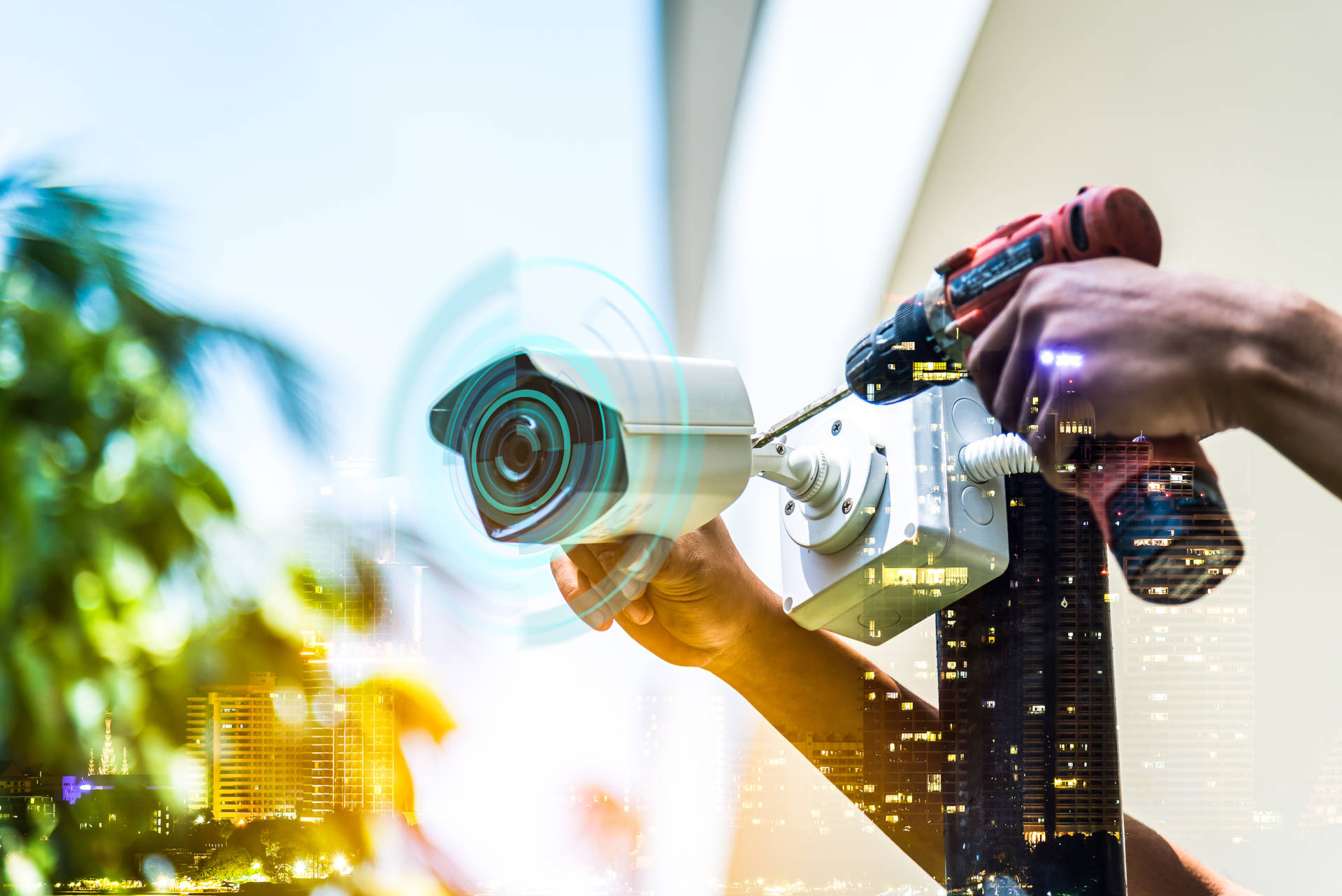In the realm of property protection and surveillance, security camera systems have become an indispensable tool. Over time, the technology behind these systems has evolved, leading to the development of both wired and wireless options. Each type offers distinct benefits and poses different challenges, making it essential for individuals and businesses to understand which system best suits their needs.
Security Camera Systems
The evolution of security camera systems is a testament to the advancements in technology and a growing need for enhanced security. From rudimentary closed-circuit television (CCTV) systems to sophisticated digital setups, security cameras have become integral to modern security strategies in homes and businesses.
Understanding Wired Security Camera Systems
Wired security camera systems rely on physical cables to transmit video signals. Typically, these systems include cameras, cables, recording devices, and monitors. They are known for their stable transmission and are not susceptible to signal interference, making them reliable for continuous surveillance.
Advantages of Wired Security Camera Systems
One of the main benefits of wired systems is their reliability. The direct connection via cables ensures a stable and high-quality video transmission. Additionally, wired systems are less prone to interference and offer a more consistent performance than their wireless counterparts. They are particularly effective in large-scale installations where long-term reliability is paramount.
Challenges with Wired Security Camera Systems
However, wired systems come with their challenges. Installation can be complex and labor-intensive, as it involves running cables throughout the property. This can limit scalability and flexibility in expanding or modifying the system.
Exploring Wireless Security Camera Systems
Wireless security camera systems use radio frequency signals to transmit video data. These systems typically consist of wireless cameras and a recording device, with the cameras requiring a power source. The absence of physical cables offers more flexibility in placement and installation.
Advantages of Wireless Security Camera Systems
The primary advantage of wireless systems lies in their ease of installation and flexibility. Without the need for running cables, these systems can be set up quickly and adjusted or expanded with relative ease. They are particularly advantageous for properties where wiring is impractical or for temporary surveillance needs.
Challenges with Wireless Security Camera Systems
Wireless systems, however, face challenges such as signal interference from other wireless devices and reliance on network stability. Additionally, concerns around the security of wireless transmission have been raised, although advancements in encryption have mitigated many of these concerns.
Comparative Analysis: Image Quality and Performance
When comparing image quality and performance, wired systems traditionally offer higher video quality due to their stable transmission. However, high-end wireless systems have made significant strides, closing the gap in image quality and performance.
Security and Vulnerability: Wired vs. Wireless
In terms of security and vulnerability, wired systems are generally less prone to hacking compared to wireless systems, which are vulnerable to signal interception. However, advances in wireless security protocols have strengthened their resistance to cyber threats.
Cost Analysis and Long-Term Value
The initial installation cost of wired systems tends to be higher than wireless due to the labor involved in installing cables. However, considering long-term value and maintenance, wired systems can be more cost-effective due to their durability and reliability.
Integration with Other Security Systems
Both wired and wireless camera systems can integrate with other security components, such as alarm systems and access controls. This integration enhances the overall effectiveness of a security setup.
Future Trends in Security Camera Technology
Emerging trends in both wired and wireless security camera systems include the incorporation of AI for smarter surveillance, enhanced data encryption for improved security, and the integration of IoT for more interconnected security solutions.
IPView Security’s Approach to Camera Systems
IPView Security specializes in both wired and wireless security camera systems, tailoring solutions to meet individual client needs. Our expertise ensures that clients receive a system that offers the best balance of security, convenience, and cost-effectiveness.
Selecting the Right System for Your Needs
Choosing between wired and wireless systems depends on various factors, including specific security requirements, the environment of the installation, and budget constraints. Factors such as the size of the area to be covered, the need for scalability, and concerns about cyber security play a crucial role in this decision.
Working with IPView Security for Camera System Solutions
IPView Security offers expert consultation and installation services for both wired and wireless camera systems, ensuring that clients receive a security camera system that is perfectly suited to their needs.
Optimizing Security with the Right Camera System
Both wired and wireless security camera systems offer significant benefits for property surveillance. The choice between the two should be based on a thorough assessment of specific security needs, installation environment, and budget. By selecting the right system, individuals and businesses can greatly enhance their security, gaining peace of mind and protection.

